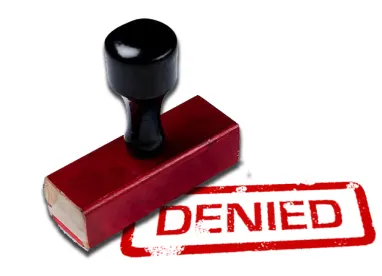A paid suspension “typically” does not constitute an “adverse employment action” under the substantive provision of Title VII of the Civil Rights Act (Section 703), the federal appeals court in Philadelphia has held in a case of first impression for the circuit, joining other courts that have ruled on the issue. Jones v. SEPTA, No. 14-3814, 2015 U.S. App. LEXIS 14094 (3d Cir. Aug. 12, 2015). The Court, however, declined to address whether a paid suspension could constitute an adverse employment action in the retaliation context under Title VII (Section 704). The Third Circuit has jurisdiction over Delaware, New Jersey, Pennsylvania, and the U.S. Virgin Islands.
Background
The plaintiff-employee was suspended, with pay, while her employer investigated allegations that she had submitted fraudulent timesheets. At the conclusion of its investigation, the employer determined the employee had forged her time records and terminated her employment.
The employee filed suit against the employer, claiming sex discrimination and retaliation in violation of Title VII and the Pennsylvania Human Rights Act, as well as violation of the Fourteenth Amendment of the U.S. Constitution, common law wrongful termination, and retaliation in violation of the Family and Medical Leave Act.
The district court dismissed the wrongful termination claim and granted the employer summary judgment on the remaining claims. The employee appealed only the district court’s grant of summary judgment on her Title VII, PHRA, and constitutional claims.
Not Adverse Action
As this is a matter of first impression for the Third Circuit, the Court looked to decisions of other courts of appeals for guidance. Those courts have unanimously concluded that placing an employee on paid administrative leave is not an adverse employment action under Title VII, as well as the statute’s prohibition on “discrimination in hiring, firing, and ‘compensation, terms, conditions or privileges of employment.’” Reasoning that a paid suspension is not a refusal to hire or a termination, and, by design, does not change compensation or alter the terms, conditions, or privileges of employment (since these ordinarily include the possibility that an employee will be subject to the employer’s disciplinary policies), the Court upheld the district court’s finding that the plaintiff was unable to establish she suffered an adverse employment action. Therefore, as she failed to establish a prima facie case of discrimination under Title VII, the Court upheld summary judgment for the employer.
Other Claims
The employee also claimed she was subject to a hostile work environment, which she reported after she was accused of submitting fraudulent timesheets. However, because the employee did not take reasonable care to avail herself of the employer’s internal reporting mechanisms, and the employer took prompt remedial action once it knew of the alleged harassment, the Court affirmed the district court’s summary judgment for the employer on the hostile work environment claim.
Likewise, the Court affirmed summary judgment for the employer on the employee’s claims of retaliation because the employee was unable to offer any evidence that she was discharged because she complained to the employer about being sexually harassed while at work and did not allege her paid suspension was retaliatory. Therefore, the Court did not address whether a paid suspension can constitute an adverse employment action in the retaliation context.




 />i
/>i

